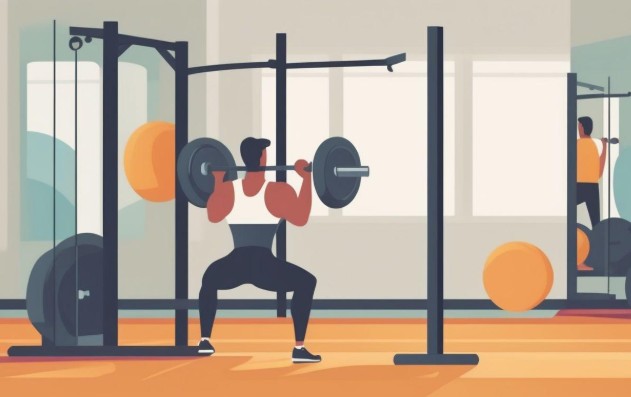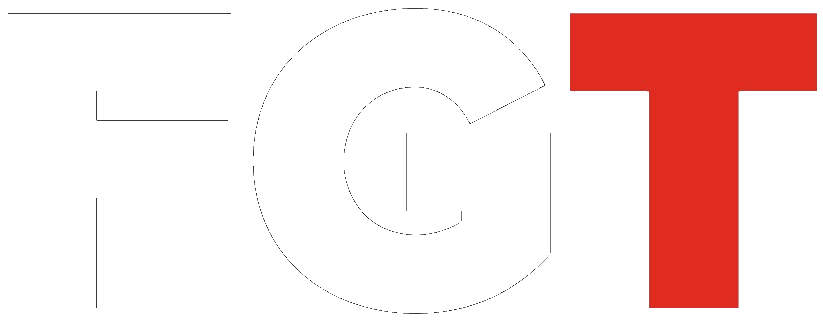The Importance of Health Screening for Fitness Enthusiasts
The Importance of Health Screening for Fitness Enthusiasts
Staying active is one of the best investments you can make in your long-term health.
But if you’re a committed gym-goer, weekend warrior, or even just a light walker tracking your steps – training hard without regular health screening is a bit like driving a high-performance car without ever lifting the hood.
Proactive check-ups help you understand what’s happening inside your body, catch issues early, and tailor your training for safer, stronger results.
Why screenings matter even when you feel great
Many cardiometabolic risks – like high blood pressure, elevated LDL cholesterol, prediabetes, or iron deficiency – can be silent. Regular screening establishes your personal baseline, so small shifts don’t go unnoticed. For athletes and fitness lovers, this means identifying red flags (e.g., arrhythmias, thyroid disorders, or nutrient gaps) before they derail progress or, worse, lead to injury or medical emergencies during intense sessions.
Smarter training starts with better data
Screening translates into actionable insights.
A basic panel (lipids, HbA1c, liver and kidney function) reveals how your body handles training stress and recovery. Add vitamin D and ferritin for bone health and endurance, and consider a resting ECG or echocardiogram if you have a family history of heart disease or experience unexplained fatigue, dizziness, or chest discomfort. With these data points, you and your coach can calibrate:
- Preparation & warm-up
- Intensity
- Recovery
- Nutrition
Optimizing performance while reducing risk.

Tailored prevention beats one-size-fits-all
Your training age, sport, and goals should shape your screening plan. Endurance athletes might prioritize hematology and iron metabolism: strength athletes may monitor testosterone, thyroid function, and joint health markers; recreational lifters benefit from periodic metabolic panels to ensure bulking or cutting phases aren’t compromising health. For those in the Lion City, partnering with reputable executive health screening Singapore providers can streamline this process with bundled assessments, faster results, and specialist follow-up – all in one stop. This ensures your testing cadence and panels evolve with your training phases.
What a comprehensive fitness-focused screen can include
- Cardiovascular checks: Blood pressure, ECG, and, when indicated, echocardiography or stress testing.
- Metabolic profile: Fasting glucose, HbA1c, lipid panel, liver and kidney function.
- Hormonal and nutritional markers: Thyroid panel, vitamin D, B12, ferritin/iron studies, and – for women – considering cycle-related factors that affect performance.
- Body composition and bone health: DEXA or bioimpedance to track lean mass and fat distribution; bone density if there’s a history of stress injuries or Relative Energy Deficiency in Sport (RED-S) risk.
- Lifestyle review: Sleep quality, stress load, alcohol intake, and recovery habits, which profoundly influence adaptation to training.
How often should you screen?
As a rule of thumb, annual screening works for most healthy, active adults.
If you’re ramping up training volume, returning from injury, or managing chronic conditions, consider biannual checks. Always share your training plan and symptoms with your clinician; context turns numbers into meaningful guidance.
If you compete, schedule labs 6-8 weeks before key events so you have time to adjust training and nutrition.
Fitness isn’t just about pushing harder – it’s about training smarter. Regular health screening gives you clarity, confidence, and a safer path to your goals. Use the insights to fine-tune your program, shore up nutrition, and catch problems early. Your future PRs – and your long-term well-being – will thank you.

